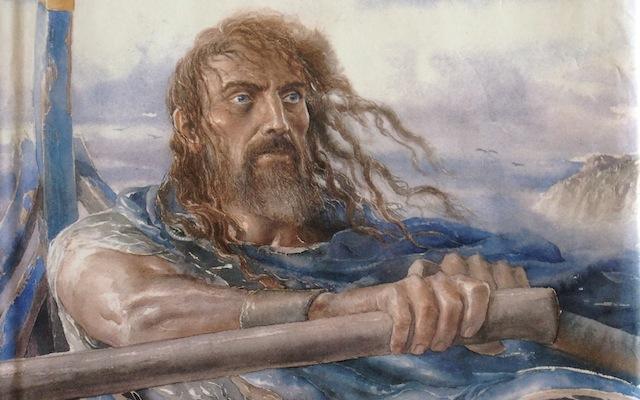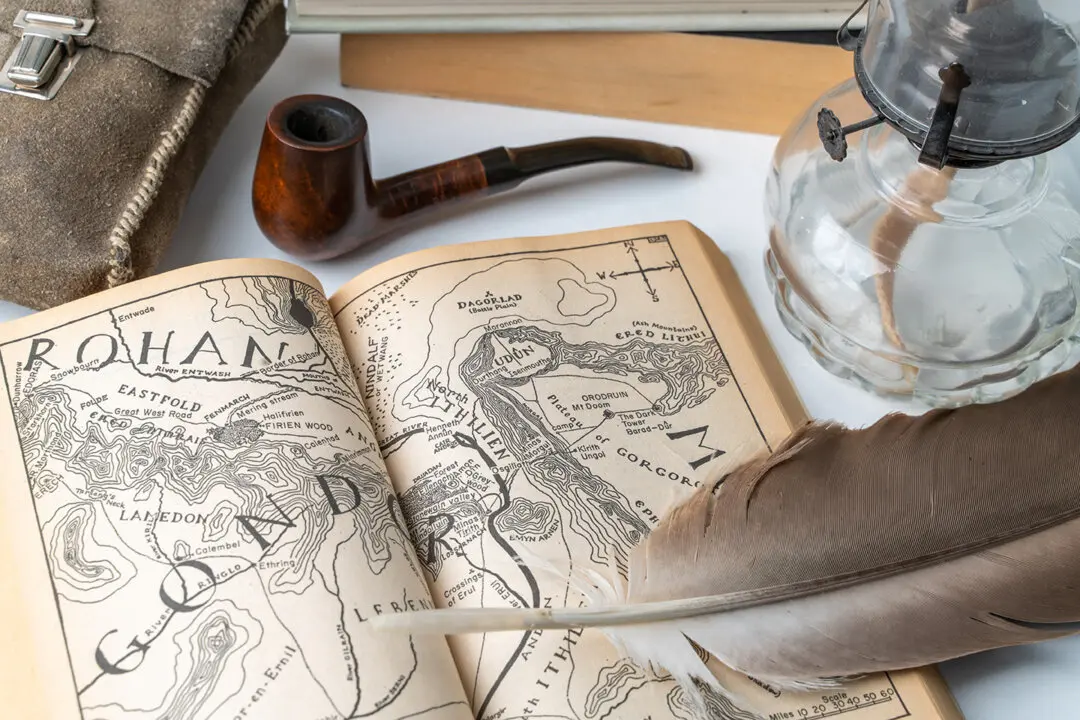“To strive, to seek, to find, and not to yield.” These simple words from “Ulysses” by Alfred, Lord Tennyson became one of the most famous lines in poetry, and with them the acclaimed poet assumes the rousing eloquence that Homer’s epic hero might have had.
Written in 1833, the poem presents us with a portrait of Ulysses, as called by the Romans, or as known by the Greeks, Odysseus, after the events of Homer’s “Odyssey.”





